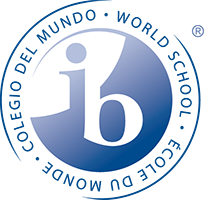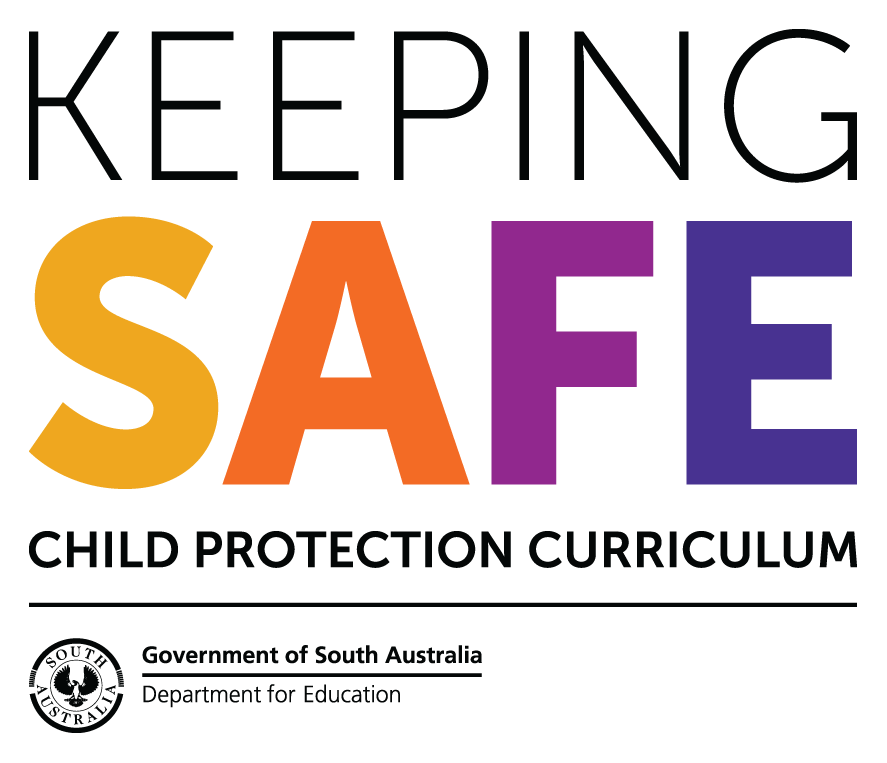Music is fundamental to the human condition—it is an essential source of communication, expression and understanding.
Studying music prepares children for lifetime involvement with music not only as audience members, but also as active participants in performing and creating, thereby enabling them to contribute to the richness and beauty of their own culture.
TISA offers a research-based, highly effective English as an additional language (EAL) programme for students who are new to learning in English or continue to need English language support. At TISA the language of instruction is English, and each student needs to become a proficient user of English in order to access the curriculum.
 |
 |
All TISA teachers are considered language teachers, regardless of subject area, this enables students to be supported throughout the curriculum in their language development. In addition there is a comprehensive EAL programme to support learners who have had less exposure to English, or who speak English as a second, third or even fourth language.
Nursery |
Students are immersed in the language of their classroom, English. We recognize that young learners often learn best through natural, social interaction. The TISA nursery programme provide students who are new to English with the most advantageous type of language learning experience, play. |
|
ELC |
Students in the ELC are fully immersed in English as the language of instruction. Language is learned primarily via real world connections through the PYP units of inquiry. Additionally, language is also taught in stand-alone lessons. This provides an intellectual framework to support conceptual development and critical thinking. We pay close attention to students’ individual language needs and abilities to ensure they participate fully in the programme and are able to reach their full potential (Making the PYP Happen 2009) |
|
P3 - P8 |
In P3 and P4, EAL students are mainly supported in the homeroom class and sometimes in single subject classes. Occasionally a small group may be withdrawn for specific targets. |
|
MYP |
Students are provided with EAL classes in order to strengthen their macro skills as well as assist them with their mainstream classes. Students also receive in-class support for subjects such as Science and Humanities. |
DP |
EAL learners follow the IB Diploma English B course and can thereby gain a Bilingual Diploma. |
Group 4: Experimental Science
Biology
Biologists investigate the living world at all levels using many different approaches and techniques. At one end of the scale is the cell, its molecular construction and complex metabolic reactions. At the other end of the scale biologists investigate the interactions that make whole ecosystems function. Through studying a science subject students should become aware of how scientists work and communicate with each other. While the scientific method may take on a wide variety of forms, the emphasis is on a practical approach.
In addition, through the overarching theme of the “Nature of Science” this knowledge and skills will be put into the context of way science and scientists work in the 21st Century and the ethical debates and limitations of creative scientific endeavour. Students have opportunities to design investigations, collect data, develop manipulative skills, analyse results, collaborate with peers and evaluate and communicate their findings. The investigations may be laboratory based or they may make use of simulations and databases. Students develop the skills to work independently on their own design, but also collegiately, including collaboration with schools in different regions, to mirror the way in which scientific research is conducted in the wider community.
Work required outside of class will be dedicated to studying concepts and practicing questions as well as internal assessment (laboratory reports) which make up 20% of the final course grade. Assessment is graded externally.
|
Standard Level Course Content |
Standard Level Assessment |
|
Core: Statistical Analysis Cells The Chemistry of Life Genetics Ecology and Evolution Human Health and Physiology Options (choice of 1): Neurobiology and Behaviour Biotechnology and Bioinformatics Ecology and Conservation Human Physiology |
Paper 1 (¾ hours) - 20% 30 multiple-choice questions on the core. No calculators is permitted. Paper 2 (1¼ hours) - 40% Short-answer and extended response questions on core material. The use of calculators is permitted Paper 3 (1 hour) - 20% Section A: One data based question and several short-answer questions on experimental work.
Internal Assessment (10 hours) - 20% One laboratory report based on student choice throughout the course |
|
Higher Level Course Content |
Higher Level Assessment |
|
Core: Statistical Analysis Cells The Chemistry of Life Genetics Ecology and Evolution Human Health and Physiology Additional Higher Level: Nucleic Acids and Proteins Cell Respiration and Photosynthesis Plant Science Genetics Human Health and Physiology Options (choice of 1): Neurobiology and Behaviour Biotechnology and Bioinformatics Ecology and Conservation Human Physiology |
Paper 1 (1 hour) - 20% 40 multiple-choice questions on the core and higher level content. No calculators is permitted. Paper 2 (2¼ hours) - 36% Short-answer and extended response questions on core material. The use of calculators is permitted Paper 3 (1¼ hours) - 24% Section A: Onel data based question and several short-answer questions on experimental work.
Internal Assessment (10 hours) - 20% One laboratory report based on student choice throughout the course |




